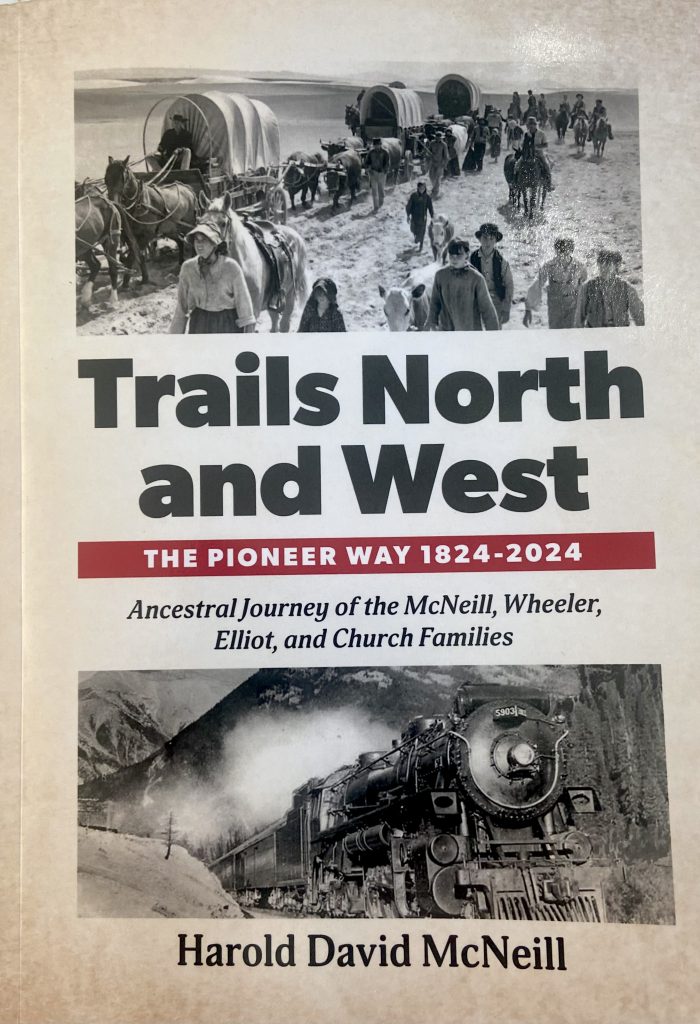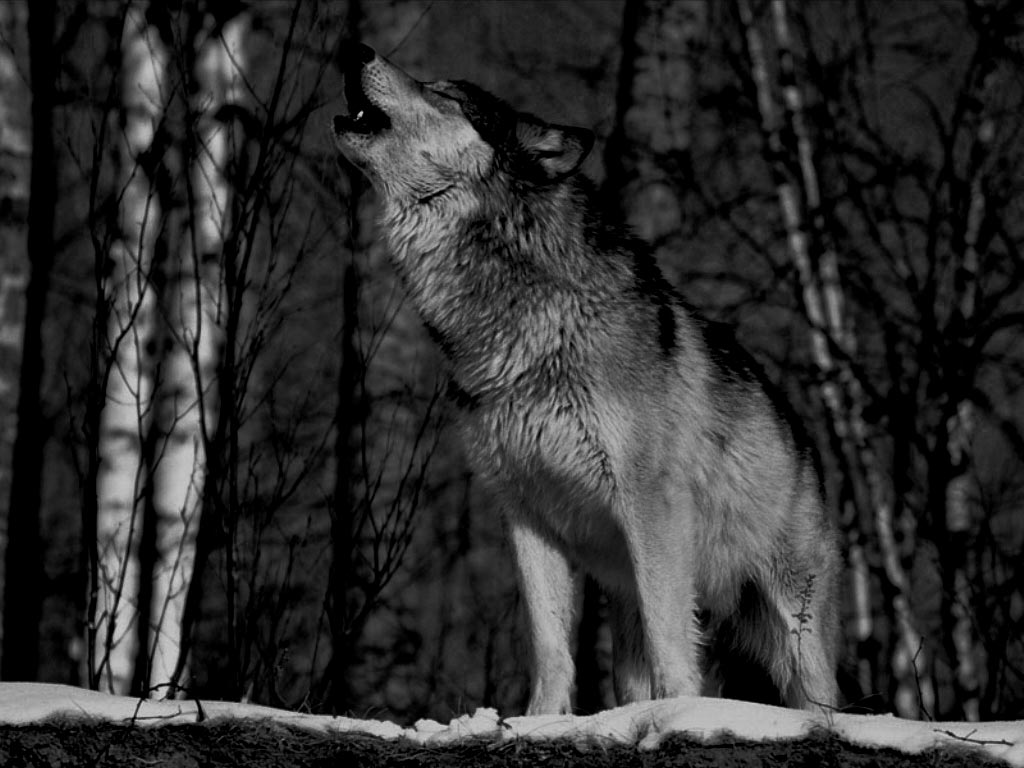Martineau River: Wolves in the Wilderness – Chapter 4 of 5
Photo (Web) Hearing wolves around the campsite was common, but hearing them close by when huddled by a tree out in the wildness was a whole new experience.
Spring, 1945
The full moon that rose high in the sky slowly slipped behind the drifting clouds. Deep in the forest it alternated between bright, cool moonlight and pitch black as Mom sat under a fir tree cuddling Louise and me as we slept peacefully on her lap. It was freezing cold on this early spring evening and snow still remained in the shaded areas. Without the wool blanket wrapped around us we would have all been freezing. Mom, however, was shivering, part from the cold and part from the fear of what lurked in the forest. Dad had now been gone for over two hours and mom had no idea when he might return.
The full story, including this Chapter, is now in book form;
This Book is available from
Kindle Direct Publishing

Book 2 -Trails North an and West: The Pioneer Way 1824-2024 is now available from Kindle Direct Publishing (KDP) You can search by book title or author name. A preview of the first seventeen pages is provided (link on bottom left on the KDP order page). The preview also includes the Table of Contents.
Note: When ordering four or fewer books, they will be printed and shipped within Canada. An order of 5 or more books may be printed and shipped from the United States. Postage is included in the purchase price when ordering from either country.
If you are thinking of sending books as gifts to others, you may consider having those books mailed directly to the recipient(s), by Amazon, at time of ordering. In this way, you would avoid Canada Post fees which currently run about $20.00 (plus tax) for one or two books, if enclosed in a single mailer.
For more background information on the story, go to the lead story on this blog.
Cheers,
Harold
Link to Next Post: Near Death on the Dock
Link to Last Post: A Winter Dash to the Hospital
Link to Family Stories Index
(1737)
Trackback from your site.

